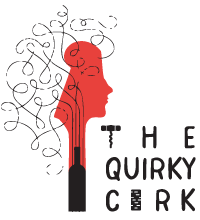The Vintner Project: Ancient Wines, Volcanic Soils, and Otherworldly Landscapes: Why Cappadocia, Turkey is a Must-Visit for Any Wine Lover
Located a little over an hour's flight from Istanbul, Cappadocia is the jewel of central Turkey. Its surreal "fairy chimney" rock formations, hot air balloon tourism, and network of underground cities and cave churches has made it one of the country's top attractions—for good reason. Just as impressive but far less known, however, is the region’s history as an important wine center that predates Christianity and where some of the world’s first viticultural legislation was introduced. Today, Cappadocian producers draw on this rich history to produce interesting, complex wines that spotlight ancient native (and foreign) grapes. In Cappadocia, evidence of grape and wine production dates back to at least
Read More










